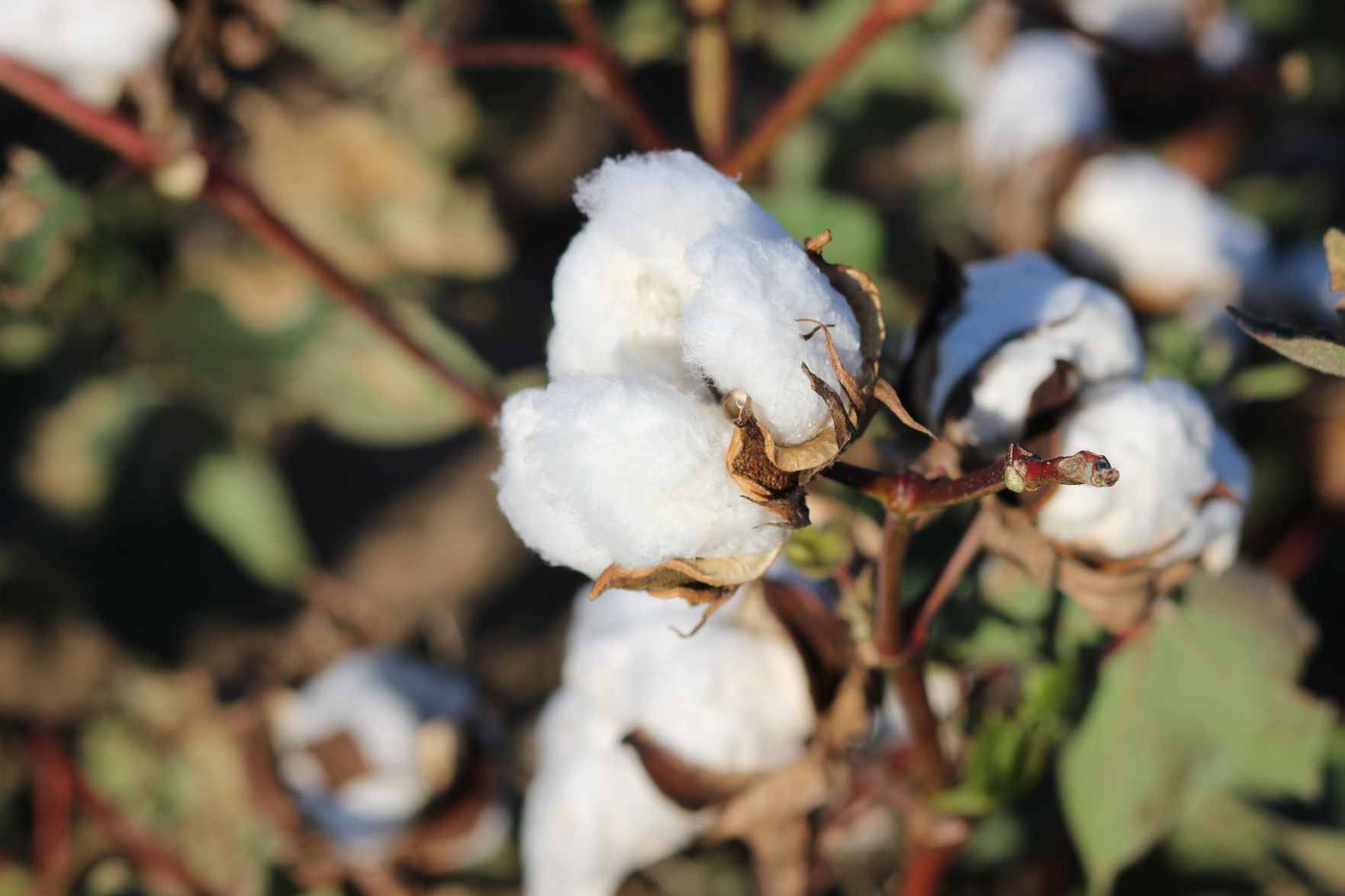Pilot program intends to boost cotton sustainability and meet environmental goals

Sustainability is a word rolling off the tongues of just about everyone in agriculture these days, from cattlemen to wheat producers, and it is just as important among cotton growers. Craig Brown, vice president of producer affairs at the National Cotton Council of America, recently spoke at the High Plains Journal Cotton U event in Amarillo, Texas. He discussed sustainability within the cotton industry and a new pilot program called the U.S. Cotton Trust Protocol.
“We’ve probably worn out the term sustainability, but is has become abundantly clear to the cotton industry that we have to tell our investors about U.S. cotton,” Brown said. “This way we will not be excluded from markets and in the process you have an opportunity to better evaluate your environmental footprint.”
Brown says the commitment to sustainability is not a new concept to cotton growers as producers first began an increased management of environmental practices in the 1970s.
“We managed to convey this to manufacturers, brands and retailers and the people who are responsible for pulling cotton and cotton textiles through the supply chain,” Brown said.
Brown says the Cotton LEADS program, which was a joint program of the U.S. cotton industry and the Australian cotton industry, has been successful in conveying their message. According to Brown, the cotton industry has over 500 partners, mills, retailers, spinners and others that are part of the Cotton LEADS program.
“That program will continue, but we just felt like we needed to step it up a little bit and enhance our effort,” he said. “Starting in 2017, the National Cotton Council realized that we needed to better quantify our message and show some statistics and get some validation for what we’re doing. You might be somewhat alarmed to know that globally U.S. cotton is not on certain brands and retailer’s sustainability lists of compatible cottons because they don’t feel we have a program that validates what we’re doing. We haven’t done a good job of telling our story to those people.”
To accomplish this, the council has decided to create a major task force in the cotton industry called the USA Sustainability Task Force. It is comprised of producer leadership, leadership from off-segments of the council, outside consultants and representatives and they started to develop an enhanced program.
“We set some national goals that were very aggressive on key environmental metrics with a target of achieving those goals in 2025,” Brown said. “It’s always dangerous to set aggressive goals, particularly for environmental impact, but we believed that was the challenge we had to take up. The efforts of that sustainability task force have resulted in the development of the U.S. Cotton Trust Protocol.”
This program, which started in June 2019, is a voluntary form-level program designed to engage growers in continuous improvement to enhance environmental goals and provide aggregate data to the supply chain. As of December 2019, 200 participants were involved. Brown wished to emphasize it is aggregate data and he guaranteed the sanctity of any data that is involved.
The goals that were set included: increase land use efficiency by 13%, reduce soil loss by 50%, reduce water usage by 18%, reduce energy usage by 15%, reduce greenhouse gases by 39% and increase the uptake of soil carbon by 30%.
“The key to the success of this program starts with you, the producers,” Brown said. “There are several things you are required to do to participate in the protocol, all of which we believe will require a minimal amount of time and investment, but we think will pay great dividends.”
The main components of the protocol include a self-assessment questionnaire, field-level data using a data tool that measures environmental metrics and participating in a third-party verification system to validate producer’s self-assessment.
"Probably the part of this program that gives people pause is verification,” Brown said. “That’s the only way we can really get credibility with the public, and particularly with our brands and retailers.”
Brown assured growers that the Cotton Council would be working with professional verifiers who are looking to provide assistance, as opposed to being overseers, and would only need random samples periodically.
“We believe one advantage of being involved in the protocol is the chance to evaluate your own production and look for areas for improvement. We cannot afford to lose any market access because of perceived lack of sustainability and perception is reality in the area of sustainability. We believe the U.S. cotton trust protocol will allow us to tell an even stronger story to our customers.”
To find out more, visit www.trustuscotton.org.
Lacey Newlin can be reached at 580-748-1892 or [email protected].
